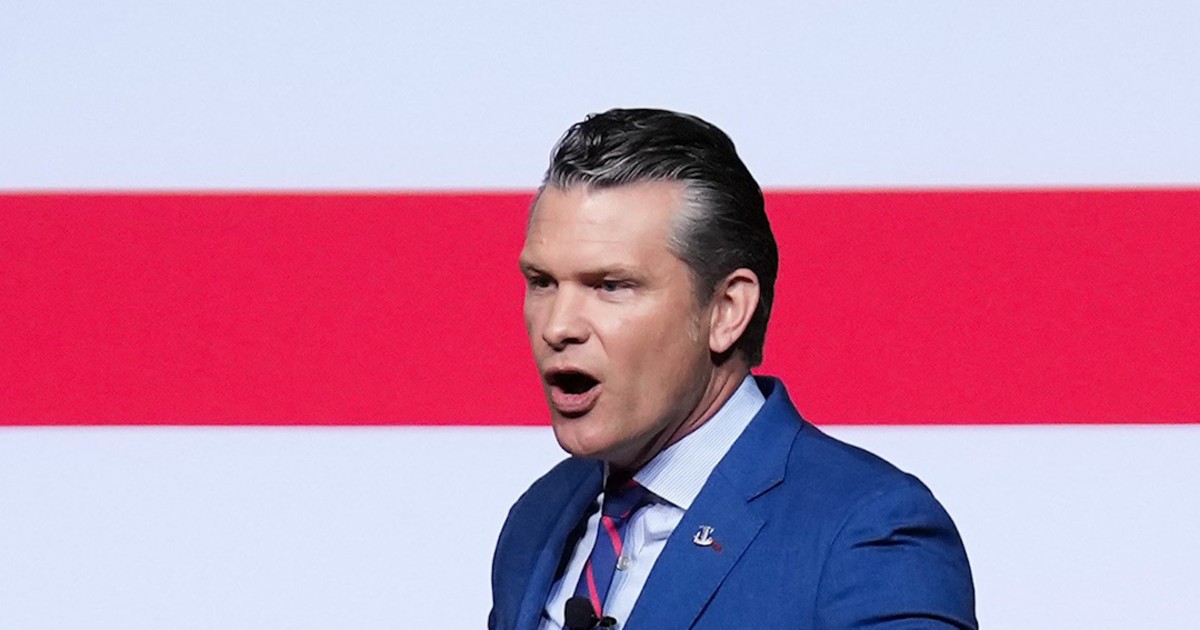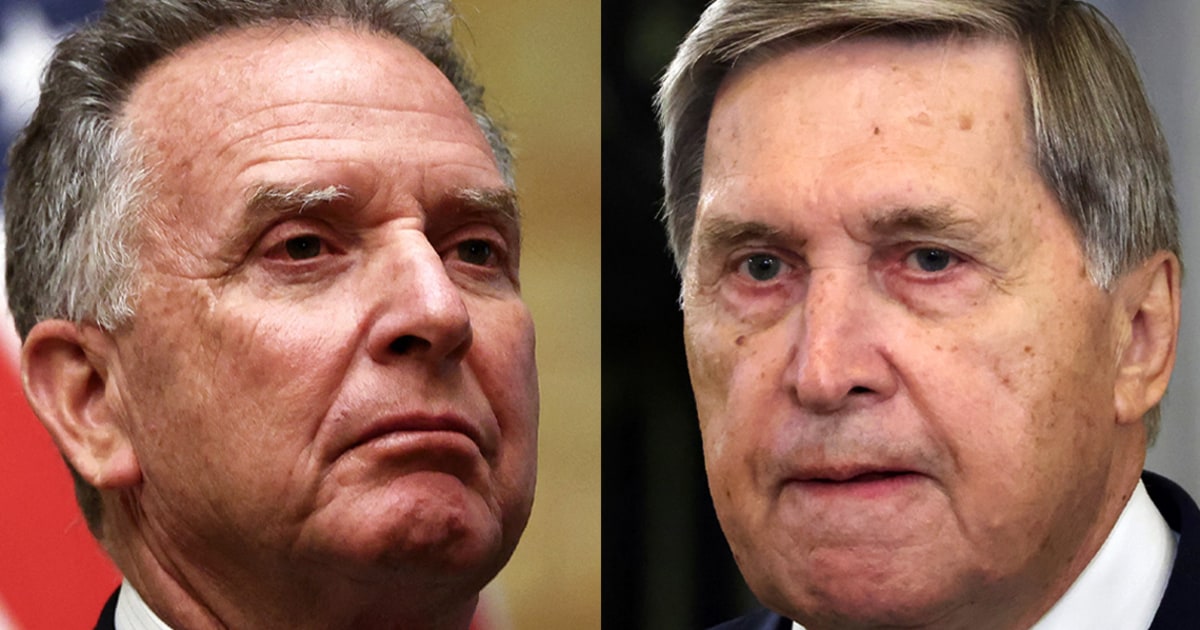Defense Sec. Pete Hegseth said the Pentagon would crack down on physical standards for military members during remarks at an unusual gathering of military brass in Quantico, Virginia, also attacking DEI efforts and saying he would re-examine the department’s policies surrounding hazing and bullying.
Source link
Hegseth's speech to reshape the military in 2 minutes




